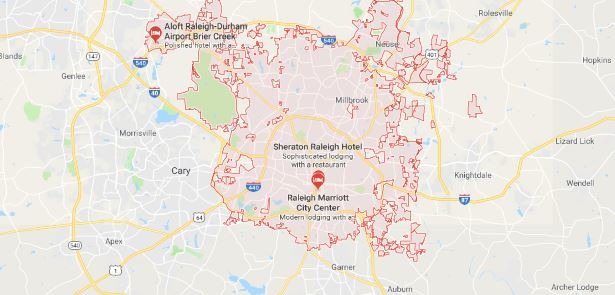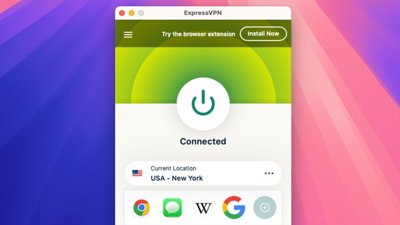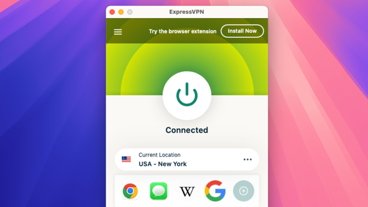Raleigh, N.C., detectives have obtained warrants to search a wide variety of Google account data, and not necessarily only of suspects — a practice that has raised the ire of privacy advocates.
According to reporting by local news station WRAL, police in Raleigh have been using an innovative strategy. While investigating various crimes, the police received a warrant for Google account identifiers on every cell phone that was in the vicinity of the crime scene during certain times, well before and well after the suspected time of the crime.
The public records obtained by WRAL show that the Raleigh Police Department has used this technique in at least four cases in the last year, with at least 19 search warrants for Google data since 2015. However, the casting of a wider net, to seek every account in the vicinity, is a new tactic as of two homicide cases last year, as well as an arson investigation involving a major downtown fire and a sexual battery investigation.
Only one of the four cases that sought Google geofencing data has resulted in an arrest, although the data that the police requested wasn't received until months after the fact.
It's unclear why the police sought accounts from Google. Wireless carriers have the same data, and has been something that law enforcement has been known to subpoena — or be outright given without a court order — for quite some time.
The ACLU, and other privacy advocates, have expressed concern about the practice, raising many of the issues about government and privacy that have been at the forefront since the original Edward Snowden disclosures, which dealt with the role of Apple and other technology companies in data-gathering by the government.
 Stephen Silver
Stephen Silver








 Chip Loder
Chip Loder
 Malcolm Owen
Malcolm Owen
 Marko Zivkovic
Marko Zivkovic
 Wesley Hilliard
Wesley Hilliard
 Christine McKee
Christine McKee


 William Gallagher
William Gallagher




-m.jpg)




10 Comments
This will be just data overload for the police. Unless they have methods on how to scrub the data and find what they are looking for it just going to be too much information for them to figure something out. Once the pin point someone then they could use the data to know if there were there and were other involved. Beyond this it will be simple information overload.
if the data is presented as unidentifiable at first then they can request warrant for personal info to pursue a case then I see no major problems. i.e.
crime occurred at 12:02,
19 of 1846 nearby users pinged at specific crime location between 12:00 and 12:05.
further location data requested on the 19 users.
3 of 19 users match location and time data for suspect sightings / cctv footage.
warrant issued for 3x users personal info
1 of 3 users identified as known threat / have previous / match cctv/eyewitness description - cops dispatched to last known location.
I assume they're just handed ALL the info at once, on everyone nearby regardless however.